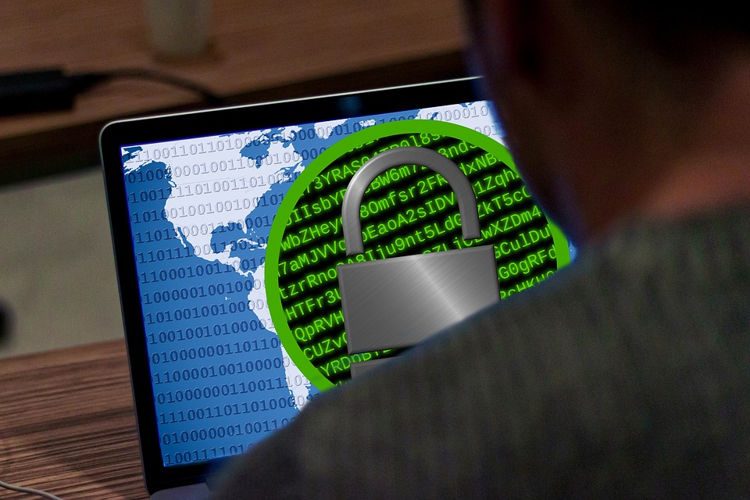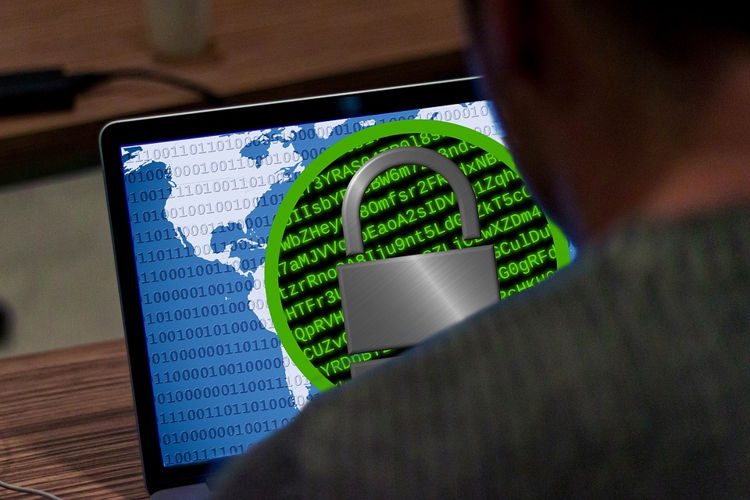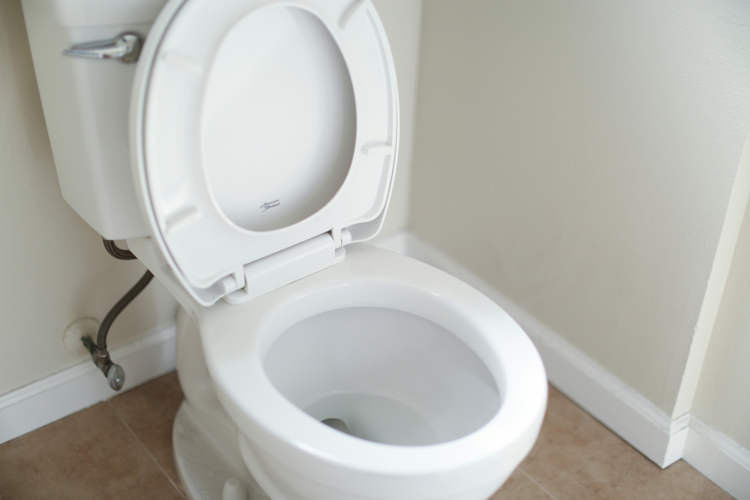If you’re fascinated with computer viruses and happen to have $1.2 million to spare, you can buy this 2008 laptop infested with six of the most infamous computer viruses ever created.
“The Persistence of Chaos” is a unique art project by Chinese internet artist Guo O Dong in collaboration with cybersecurity company Deep Instinct. It consists of a 2008 Samsung laptop running Windows XP SP3 and infected with six of the most dangerous pieces of malware ever created – ILOVEYOU, MyDoom, SoBig, WannaCry, DarkTequila, and BlackEnergy. Together, these six online threats have caused over $95 billion in damages all around the world, over the last two decades. That didn’t stop Guo from putting it up for auction and selling it to the highest bidder.

Photo: TheDigitalArtist/Pixabay
“These pieces of software seem so abstract, almost fake with their funny, spooky names, but I think they emphasize that the web and IRL are not different spaces. Malware is one of the most tangible ways that the internet can jump out of your monitor and bite you,” the avant-garde artist said, adding that he considered his latest creation “a kind of bestiary, a catalog of historical threats”.
While certainly thought-provoking, even shocking, selling a laptop infected with six of the most infamous computer viruses in human history isn’t the wisest thing a person can do. After all, what’s to stop the buyer from purposefully or accidentally releasing those threats on the internet? That’s where Deep Instinct comes in.
The Chinese cybersecurity company was tasked with air-gapping the Samsung NC10 laptop, making sure that it can’t be connected to the internet or any other device. Although the term ‘air-gapped’ is used even in cases where a simple firewall software is used to isolate a device, this particular laptop is truly air-gapped, meaning that all of its ports are physically disabled for safe measure.
The auction for the infected laptop ends today, and the current bid is $1.2 million. Despite all the safety measures taken by Guo O Dong to stop the six viruses from spreading online, the “lucky” buyer will still need to sign a waver which states that they have “no intention of disseminating any malware”.













